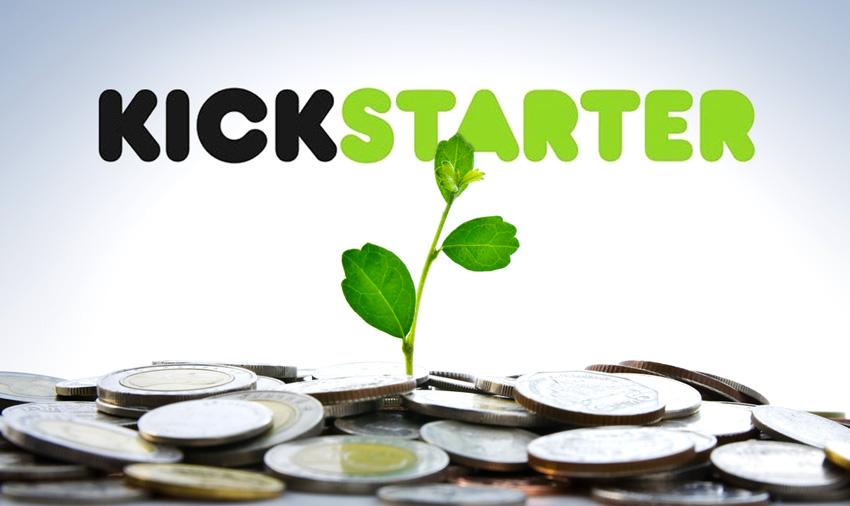It’d be easy enough to say, “I support crowdsourcing as long as the person behind it is doing it for the right reasons,” but what exactly does this entail? Is someone’s project instantly better than someone else’s because their name is not as recognized as that of another? Whether you’re talking about Kickstarter, Indiegogo, or another platform, a collection of opinions exist, ranging from fanatic outcries to the harshest or criticisms. Sometimes it’s a struggle to look at it from both sides.
It’d be easy enough to say, “I support crowdsourcing as long as the person behind it is doing it for the right reasons,” but what exactly does this entail? Is someone’s project instantly better than someone else’s because their name is not as recognized as that of another? Whether you’re talking about Kickstarter, Indiegogo, or another platform, a collection of opinions exist, ranging from fanatic outcries to the harshest or criticisms. Sometimes it’s a struggle to look at it from both sides.
Recently, Spike Lee defended his use of Kickstarter in order to fund a potential movie of his, the goal of which being set at $1,250,000. As you can imagine, a number of negative responses were directed at him but he made it a point to say that he believed he was bringing Kickstarter to those who have never heard of it. In his mind, those who have never utilized it could potentially back future projects because of the exposure he can give it. It’s a good alternative for unknowns but this isn’t an unknown director who’s been lambasted.
To many fans on the outside looking in, Lee should already have many times what he had asked for on Kickstarter in the bank. After all, he was responsible for films such as “Do the Right Thing.” The movie in question, as well as others, has been received well. This situation would be akin to Superman saying that he needed help to bring down petty thieves at a local bank.
What if Lee’s goal is actually reached and the funds needed are brought into his possession? Are those same doubters going to suddenly silence themselves?
I don’t think that this is going to be the case, especially since another recent crowdsourcing story reached the surface. This past week, a campaign for a board game was cancelled once the pledged amounts were attained. The story of “The Doom That Came To Atlantic City!” earned quite a backlash after it was learned that the project hit a few too many barriers to break through all of them. Because of “…ego conflicts, legal issues, and technical complications,” according to creator Erik Chevalier, the project fell through. The fact that the original goal was $35,000 and it ultimately reached $122,874 does little to help Chevalier’s case.
Just because one can pledge money to a certain cause does not exactly mean that he or she benefits. If one can accurately measure the reputation management of crowdsourcing, it wouldn’t be substantial. There has to be more done in order to regulate who can actually use this system to gain revenue. An unknown with a paltry $5,000 goal – with a creative concept in mind – should be given focus on a platform like Kickstarter as opposed to a well-established name possessing a goal that’s within six or seven figures.
Until the infrastructure is brought down before being built up again, I don’t know if crowdsourcing will have the ideal amount of support that project directors would like.
Please contact fishbat for more information regarding internet marketing company services.


